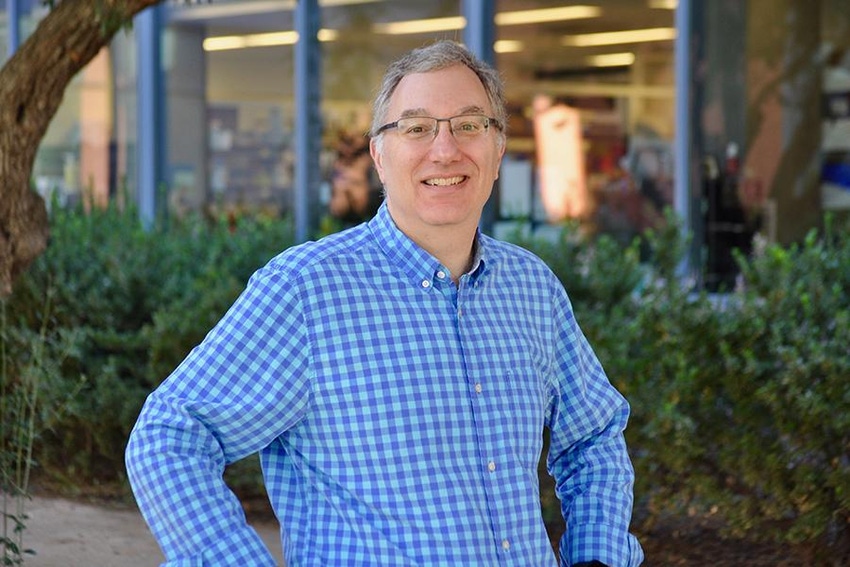UC-Davis establishes cultivated meat research program
Consortium is supported by new grant of up to $3.55 million from National Science Foundation.
September 23, 2020

Is cultivated meat — essentially, animal protein grown under lab conditions — a nourishing prospect to help feed the world, or is it more sizzle than steak? A consortium of researchers at the University of California-Davis (UC-Davis) aims to explore the long-term sustainability of cultivated meat, according to a university announcement.
The consortium is supported by a new grant of up to $3.55 million from the National Science Foundation (NSF) Growing Convergence program, in addition to previous support from the Good Food Institute and New Harvest.
“The societal need is to feed 9 billion people,” said principal investigator David Block, professor and chair of the UC-Davis department of viticulture and enology and professor in the department of chemical engineering. “What we want to know is, will cultivated meat be a viable supplement to traditional agriculture?”
Block said he does not see cultivated meat as replacing conventional agriculture, but rather as adding more production and flexibility. Potentially, if the conditions are right, farmers might find it advantageous to operate cultivated meat production alongside conventional agriculture, he said.
The NSF-funded project, which will run over five years, has a number of goals, including: developing stable stem cell lines from which cultivated meat can be grown; developing inexpensive, plant-based media in which to grow the cells, and assessing the nutritional value, stability and sensory qualities of cultivated meat products.
UC-Davis said the project aims to look at both “unstructured” products such as for sausage or burger patties and “structured” products that look and cook more like natural cuts of meat or fish.
An arm of the project led by Karen McDonald, professor of chemical engineering, will look at the technical and economic hurdles on the way to sustainable cultivated meat, including lifecycle analysis of the entire process.
Hub for information exchange
The grant grew out of the UC-Davis Cultivated Meat Consortium, established in fall 2019 in conjunction with the Biotechnology Program, after conversations with the Good Food Institute and several cultivated meat companies throughout California, UC-Davis said. The consortium acts as a hub for exchanging knowledge on related research on campus, and also to train graduate students interested in this new industry.
Cell culture-based biopharmaceutical manufacturing typically involves growing cells in relatively small volumes — less than 25,000 liters — of expensive media to make high-value products such as therapeutic antibodies, some of the most successful pharmaceuticals on the market today. On the other hand, the food and beverage industries ferment products at scales of 5-10 times larger or more, using relatively inexpensive ingredients to make cheaper items, UC-Davis said.
If cultivated meat is to be a commercial success, it will have to be grown like a biotech product but at a price closer to a food product.
“The question is, how can we make a pharmaceutical cell culture process look more like food-grade fermentation?” Block said. “We need the right mix for high-quality ingredients at a reasonable price.”
The researchers also plan to share the results of their work with the cultivated industry through extension programs.
Additional investigators on the grant include: professor Pablo Ross and assistant professor Payam Vahmani in the department of animal science; assistant professor Lucas Smith and professor Keith Baar in the department of neurobiology, physiology and behavior; extension specialist Anita Oberholster in the department of viticulture and enology; assistant professors Ameer Taha and Ned Spang in the department of food science and technology; associate professor Jiandi Wan and adjunct professor Somen Nandi in the department of chemical engineering; professor Kent Leach in the department of biomedical engineering, and distinguished professor Daniel Sumner in the department of agricultural and resource economics.
You May Also Like



